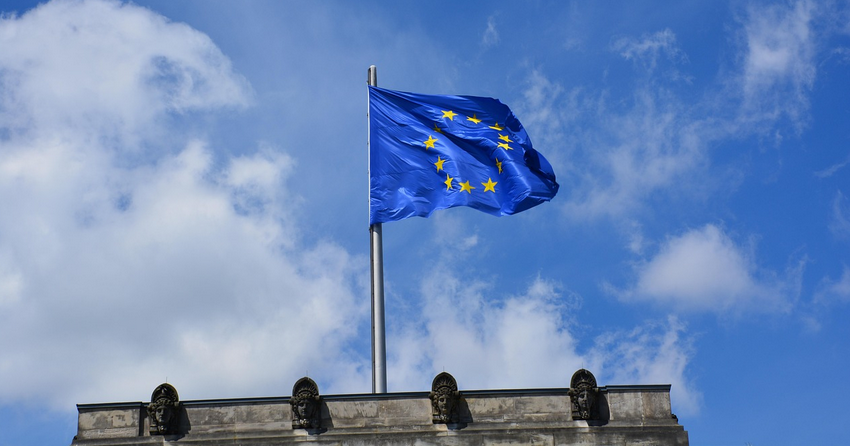
German Activists Win Data Access Lawsuit Against X
On February 7, a German court ruled in favor of two civil liberties groups demanding real-time access to data for monitoring misinformation on the social media platform X, just weeks ahead of the upcoming parliamentary election. The ruling requires X to provide this access until February 25.
Originally filed on February 4 by the civil rights groups Democracy Reporting International (DRI) and the Society for Civil Rights (Gesellschaft für Freiheitsrechte, GFF), the suit claimed that X denied them timely access to publicly available information. The groups argued that this refusal violated Articles 12 and 40 of the EU’s Digital Services Act (DSA).
The articles specifically mandate that large social media platforms must grant researchers immediate access to data that allows them to investigate systemic risk and other DSA violations. On request, X refused to provide the two groups with publicly accessible data such as the number of likes or shares on posts.
According to the groups, though gathering this information manually was possible in theory, it was virtually impossible at the required scope. The two groups also requested an expedited procedure – foregoing standard steps such as oral hearings – due to the time-sensitive nature of their request.
In their application for a preliminary injunction, the plaintiffs argued that: “To analyze the political discourse on the respondent’s platform ‘X’ ahead of the Bundestag election, the applicants urgently need access to the publicly available platform data.”
Berlin’s second regional court issued a decision soon thereafter, emphasizing the time-sensitive nature of the case. “There is a concrete risk that, if the applicants are denied access to publicly available data from the platform, their research project would suffer significant harm. […] A prolonged delay would endanger the success of the research project and jeopardize the ability to observe the necessary election-related processes during the relevant timeframe,” the court stated.
Simone Ruff, Deputy Director of the Center for User Rights at GFF called the decision “a huge victory for academic freedom and our democracy.”
The ruling comes as X faces increasing scrutiny over its compliance with the DSA. Last month, an EU commission launched a separate investigation into X’s recommendation algorithms, examining whether the platform enables the spread of misinformation that could manipulate elections.
X’s owner, Elon Musk, has previously voiced support for Germany’s far-right Alternative for Germany (AfD) party, raising further concerns about the platform’s role in political discourse.














